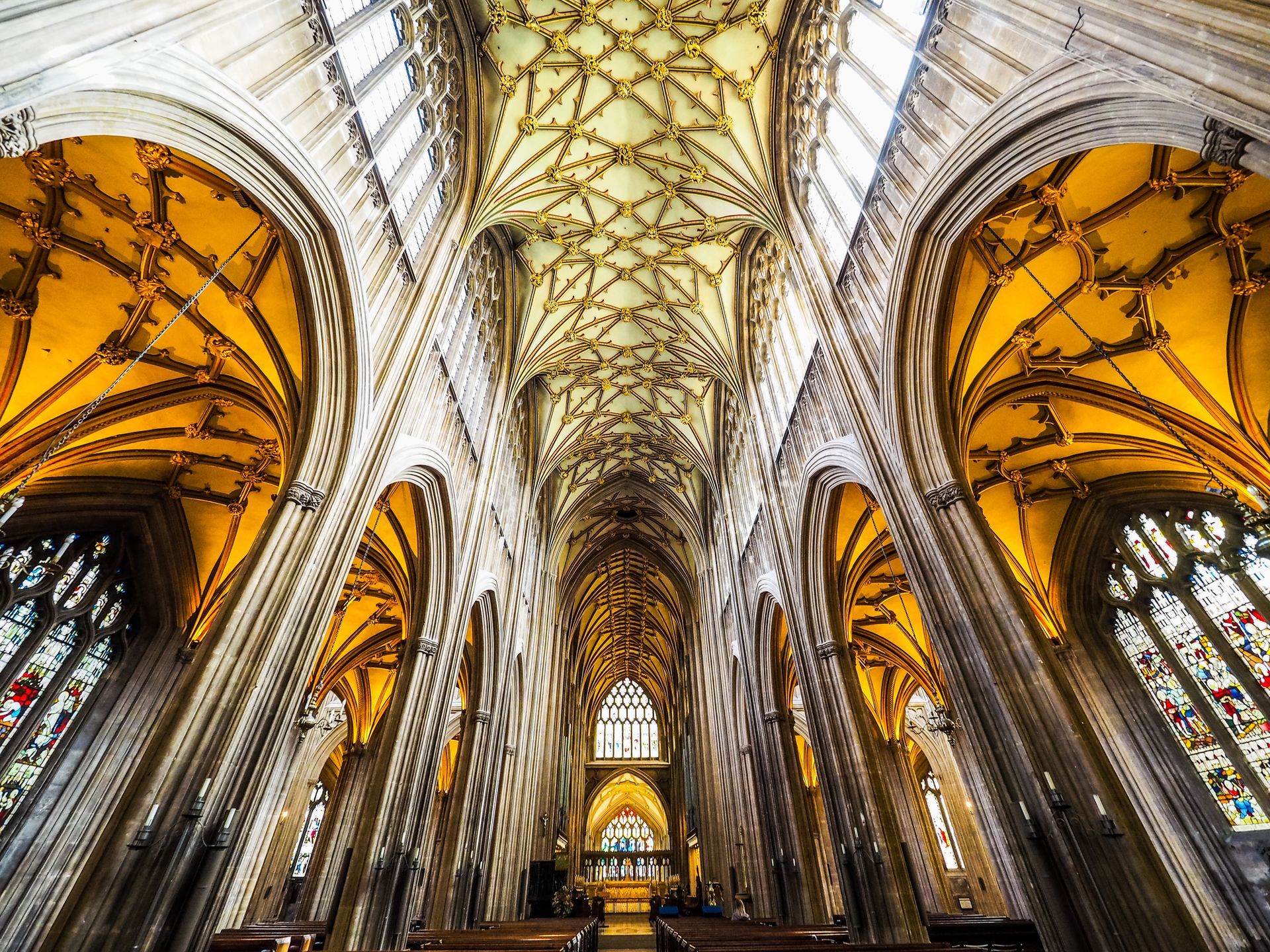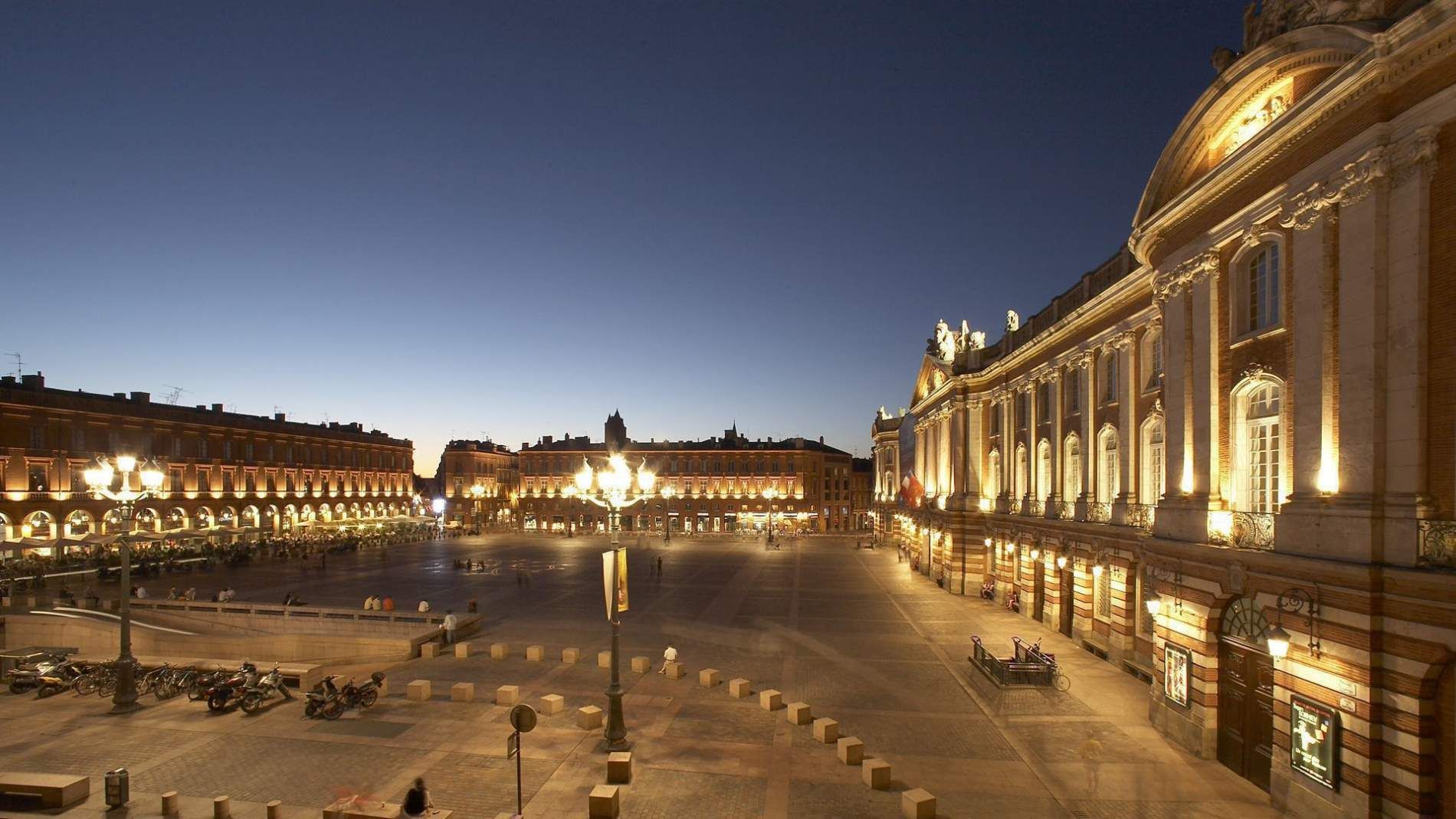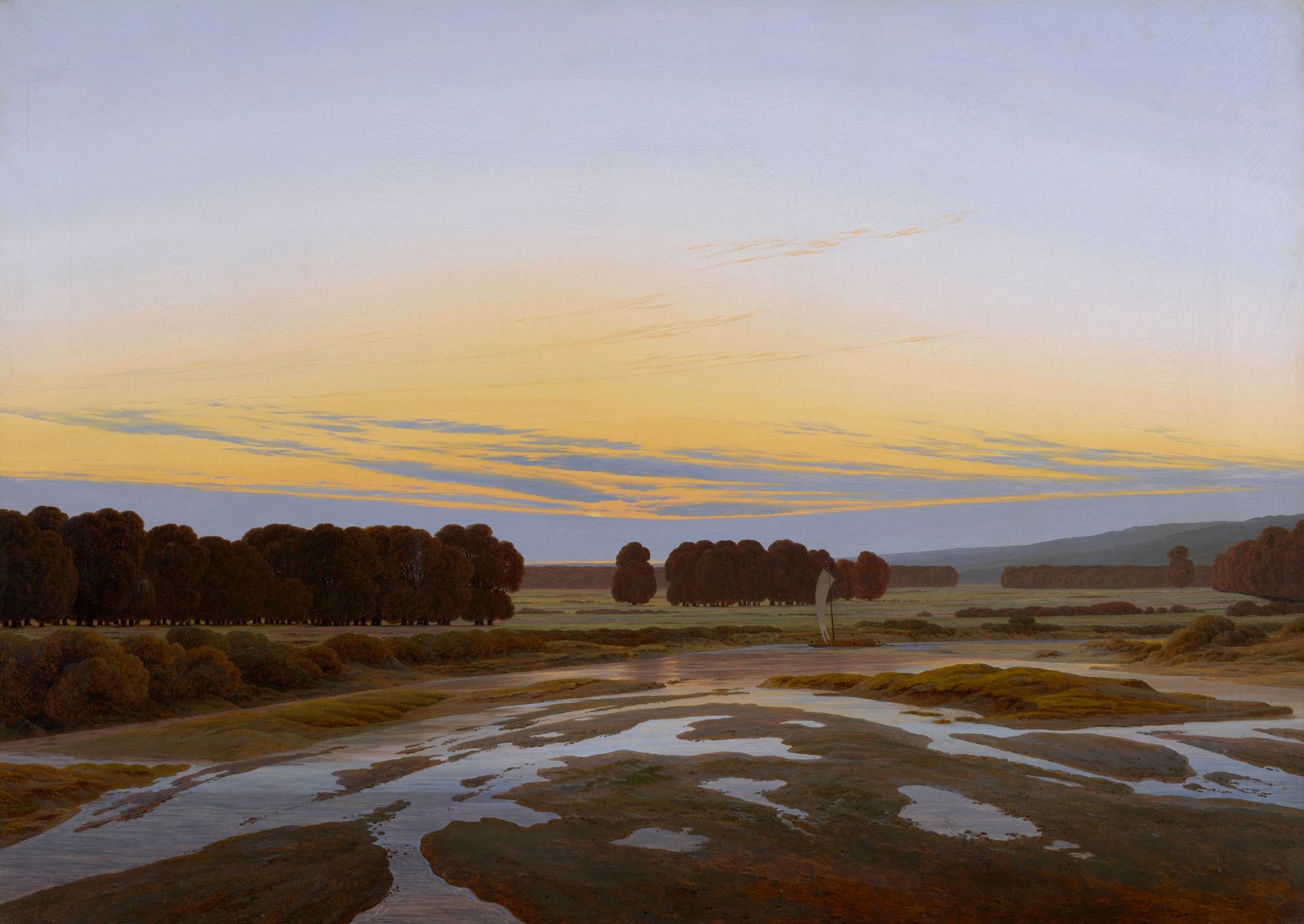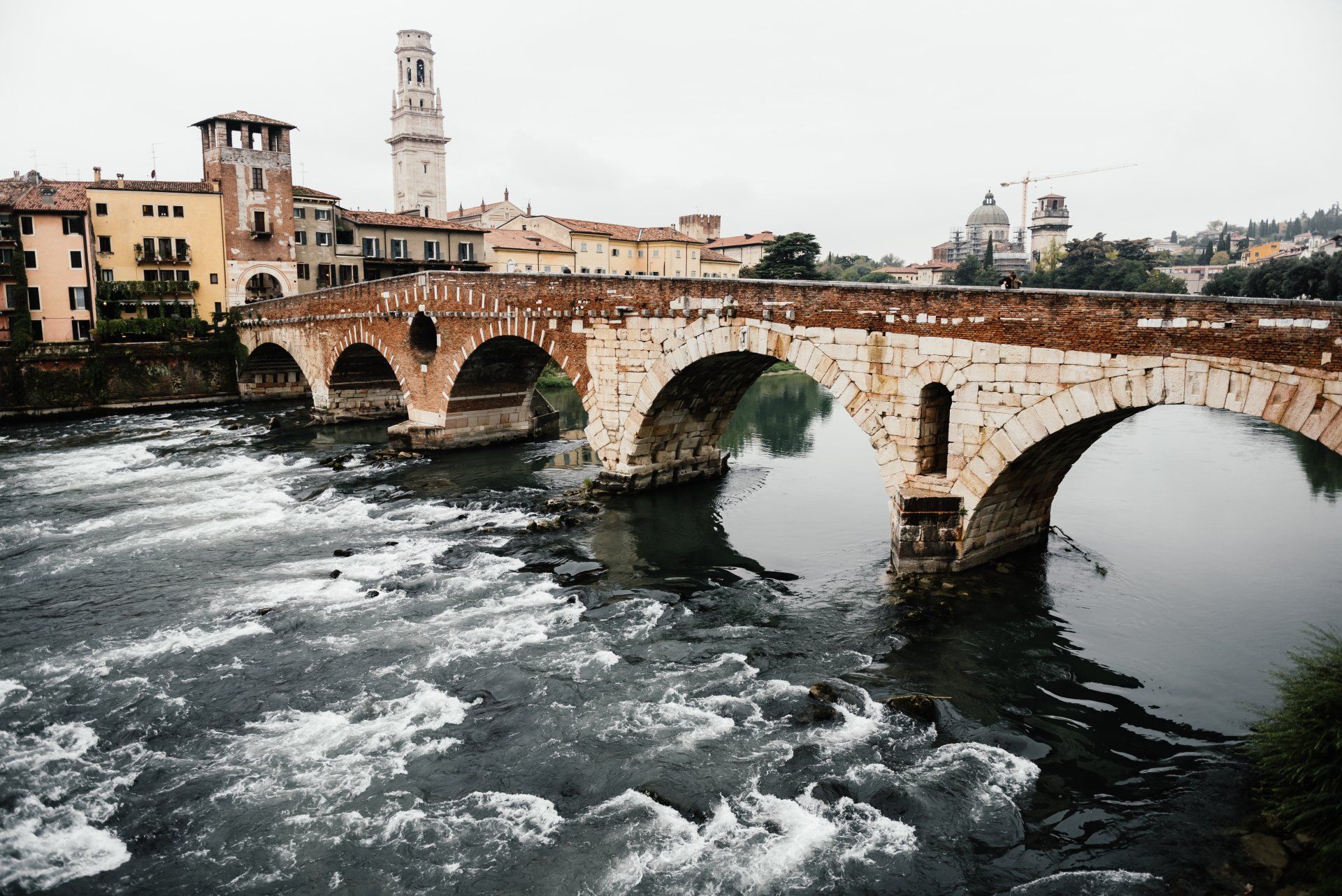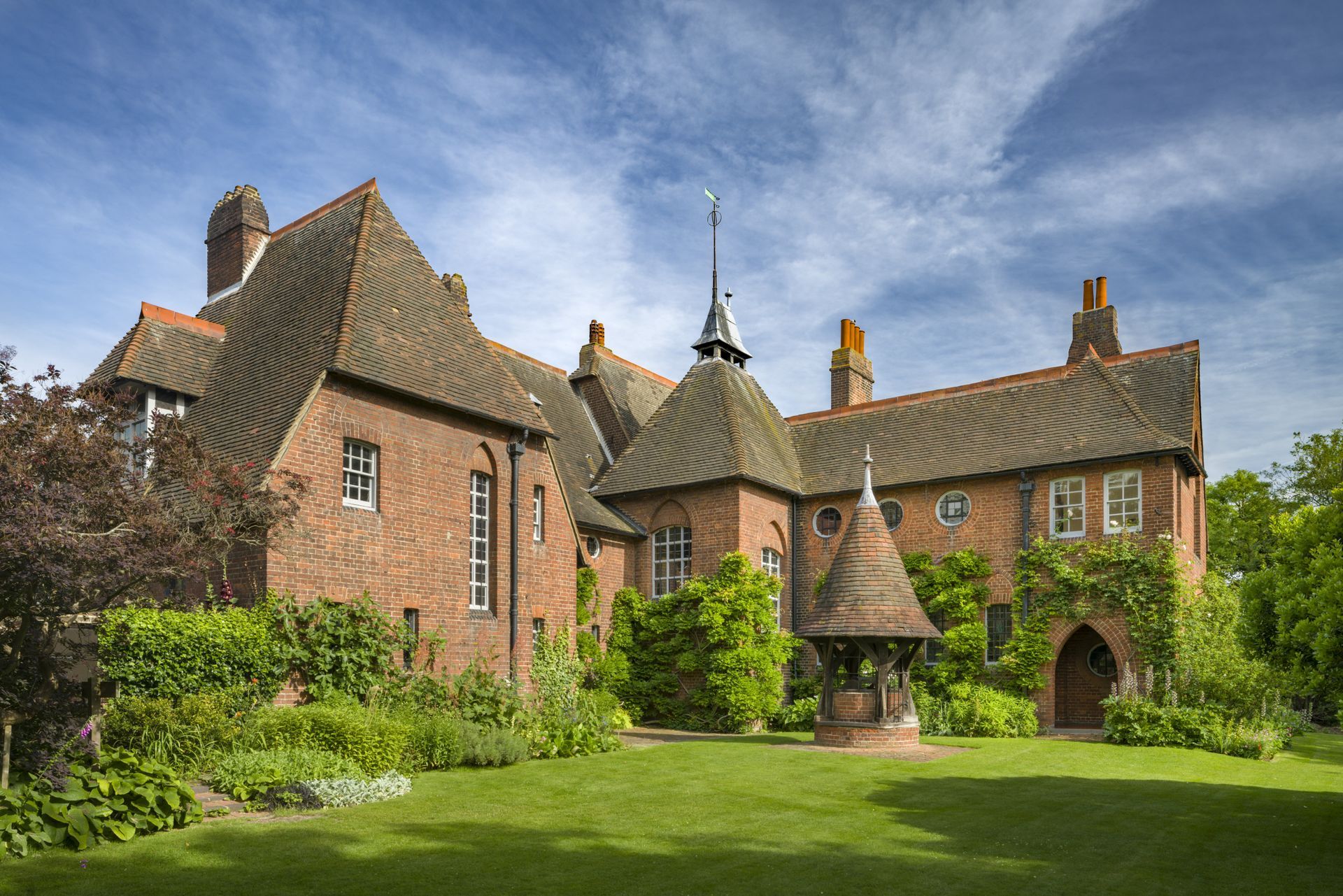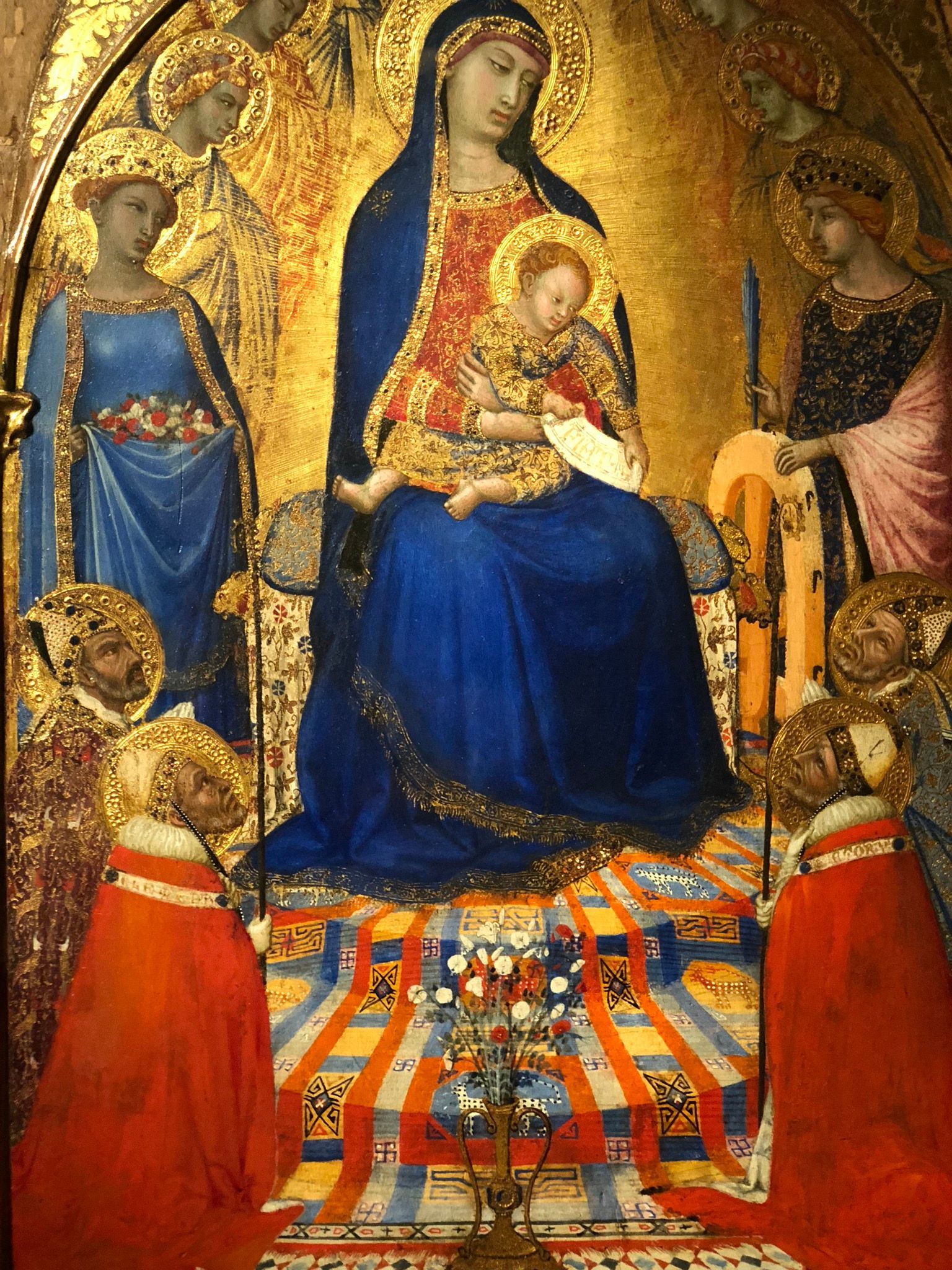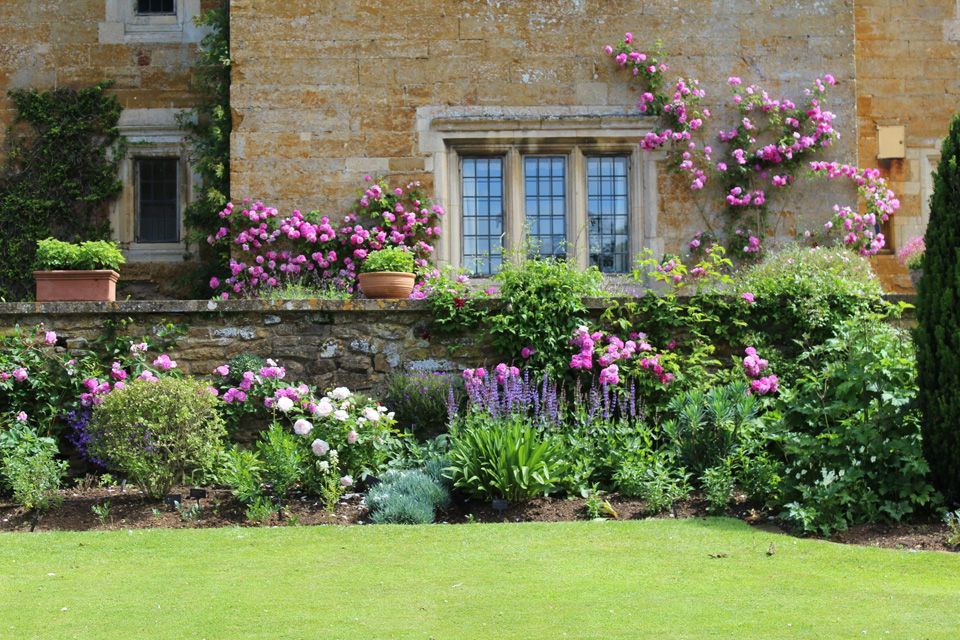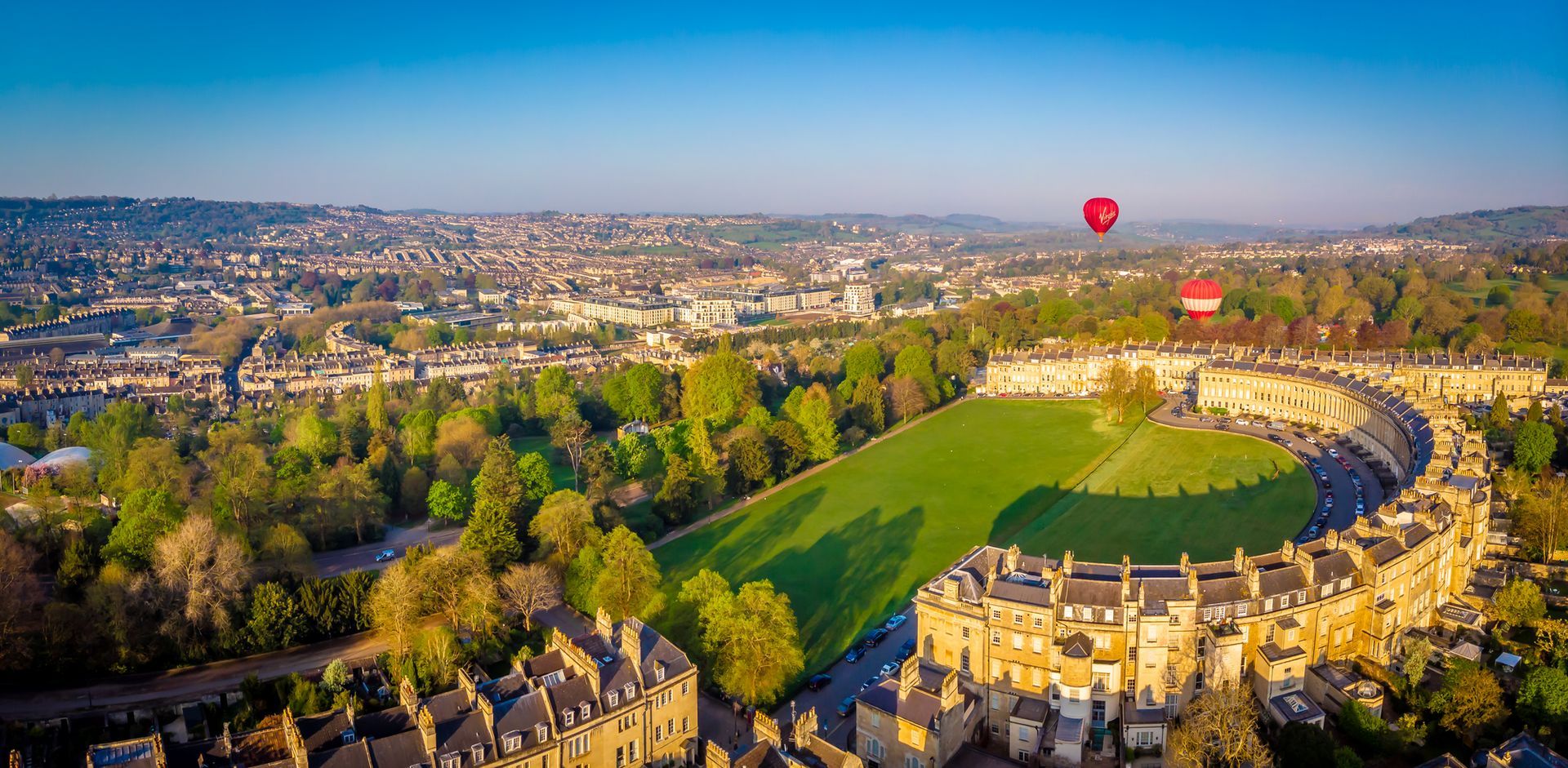Wessex
4 days | £1595 per person | 19-22 June 24
Mediaeval trial and triumph in the West Country
From 519 to 927AD, Wessex grew from modest beginnings to become the most powerful kingdom in the land, its heartland encompassing the modern counties of Hampshire, Wiltshire, Berkshire, Dorset and Somerset. Critical to our understanding of early medieval English history, Wessex was at the core of Alfred the Great’s kingdom and was pivotal in the establishment of the kingdom of England. Alfred’s reform of the region established a network of fortified settlements to better protect against invasion and to ensure that no one was ever more than a day’s ride from safety. It was thanks to such strong governing foundations that in 927 King Æthelstan, Alfred’s grandson, was able to unite the kingdoms of England under one banner for the first time. The Norman invasion of 1066 marked the elimination of Wessex as a political power, but Winchester, in particular, remained an important centre of power: a notion of the region lingers in the collective consciousness to this day. This is perhaps largely thanks to poet and writer Thomas Hardy’s ‘dream-country’, based on the historic Kingdom of Wessex, in which his works are mostly set. Join Art Pursuits on a fascinating new tour and discover a region littered with the vestiges of England’s long and complex history, that palpably reverberates with legend, antiquity and folklore.
Day to day Itinerary
Day 1
Pick-up from Southampton Parkway Station in the late morning, or independent travel to Lyndhurst where our tour begins. Transfer by private coach to Romsey, where a light lunch will be followed by a visit to Romsey Abbey, a Benedictine nunnery until Henry VIII’s dissolution of the monasteries. Founded in the 10th-Century, the substantial abbey that stands today was built under Norman rule and is one of the finest examples of Norman architecture in Southern England with important Anglo-Saxon sculpture. Return to Lyndhurst, where some time to relax will be followed by a group dinner in our hotel.
Day 2
A day in Winchester to explore the treasures of Alfred the Great’s capital. Our first stop is Winchester Cathedral, rebuilt from 1079 as the longest church of its era, but extensively remodelled over the ensuing five centuries. It displays a wealth of architectural styles, from an early Norman crypt to the late Gothic nave and lavish Renaissance chantry chapels. Our visit will allow us to thoroughly explore both exterior and interior, including a viewing of the Winchester Bible, an exquisitely illuminated 12th-century example. Independent lunch in Winchester before walking via the 15th-century Buttercross Monument to Winchester Great Hall. The only standing remains of Winchester Castle, it is one of the finest surviving examples of a mediaeval aisled hall from the 13th-century. Transfer by coach to St Cross Church, which lies on the outskirts of Winchester. This impressive structure is all that remains of the Hospital of St Cross, founded by Bishop Henry of Blois and showing the first indications of the new, Gothic style of architecture. Return to Lyndhurst for an evening at leisure.
Day 3
Morning visit to Christchurch Priory. A church of remarkable stature – its nave is more than 311 feet in length – the current building was begun in 1094 but stands on the site of a 7th-Century Saxon priory. The structure is swathed in legend, most notably its Miraculous Beam, a critical structural error that was astonishingly fixed by a mysterious carpenter, said to be Jesus Christ. Continue to Wimborne Minster, where some free time for lunch will be followed by an exploration of Wimborne Minster, which retains interesting elements of its Saxon and Norman incarnations. Coach to Breamore to visit St Mary’s Church, one of the most important Saxon churches in England. Most likely founded by King Ethelred II c.1000AD, it was probably constructed to serve a royal estate. Particularly special is the Saxon inscription over the south porticus. Return to our hotel where we will enjoy a meal together in the evening.
Day 4
By coach to Old Sarum, the enormous earthwork raised in c.400BC. It was continuously occupied throughout the Roman period, although little is known about this and the ensuing Anglo-Saxon period. It was William the Conqueror who left the greatest mark on the site, establishing a cathedral, a motte, and a huge outer bailey. Neither castle or cathedral remain, although the foundations can still be seen. The Cathedral was moved to Salisbury in 1226. Make the short journey to Salisbury, where we will examine Old Sarum’s ecclesiastical successor. An exquisite example of Early English Gothic architecture, amongst its many wonders, Salisbury Cathedral boasts the tallest spire in Britain and the best-preserved example of the four surviving original copies of the Magna Carta. After an independent lunch, our final visit will be Salisbury Museum. Set within a handsome mediaeval building, exhibits narrate 500,000 years of history, providing an excellent opportunity to contextualise all that we have explored on our visits. In the afternoon we return to Lyndhurst, where the tour concludes, with a drop-off at Southampton Parkway Station afterwards.
The Crown Manor House Hotel
The Crown Manor House Hotel is perfectly located in the heart of Lyndhurst Village, capital of the New Forest. Designed for the 21st century with contemporary fixtures and fittings, yet remaining sympathetic to the beautiful 15th-century Grade 1 listed building it occupies.
Per Person: £1595
Single Supp: £195
Deposit: £350
Departure Dates:
19-22 June 2024
Duration:
3 nights / 4 days
Your Holiday Includes:
- Transfers and excursions in by private coach
- Three nights’ accommodation at the Crown Manor House Hotel in Lyndhurst
- Two dinners and one light lunch
- Guided visits to the sites and monuments listed in the programme
- Services of the tour lecturer and a tour manager
- Detailed programme and Study Notes
- All entrance fees, taxes, and gratuities for coach drivers and waiters
Tour Lecturer

Dr Richard Plant
Richard is an architectural historian specialising in the Middle Ages, with a strong interest in the modern. After reading English at Cambridge, he obtained an MA in the History of Art and a PhD on English Romanesque and the Holy Roman Empire at the Courtauld. He went on to teach at the Courtauld, as well as at University College and Queen Mary College, London, where he taught both medieval and modern architectural history. He was formerly the Deputy Academic Director at Christie’s Education and has published on English and German architecture.
Hotel Resort: Lyndhurst
Board Basis: Bed & Breakfast
Travel Information
Tour Manager:
Julie Kirkup
Contact Info
Tel: 01280 430 175
Email: hello@fineandcultural.com
Fine and Cultural Tours Ltd
1 West Street, Buckingham, MK18 1HL
Tours
Quick Links


All Rights Reserved | Fine and Cultural Tours | Booking conditions | Privacy Policy

